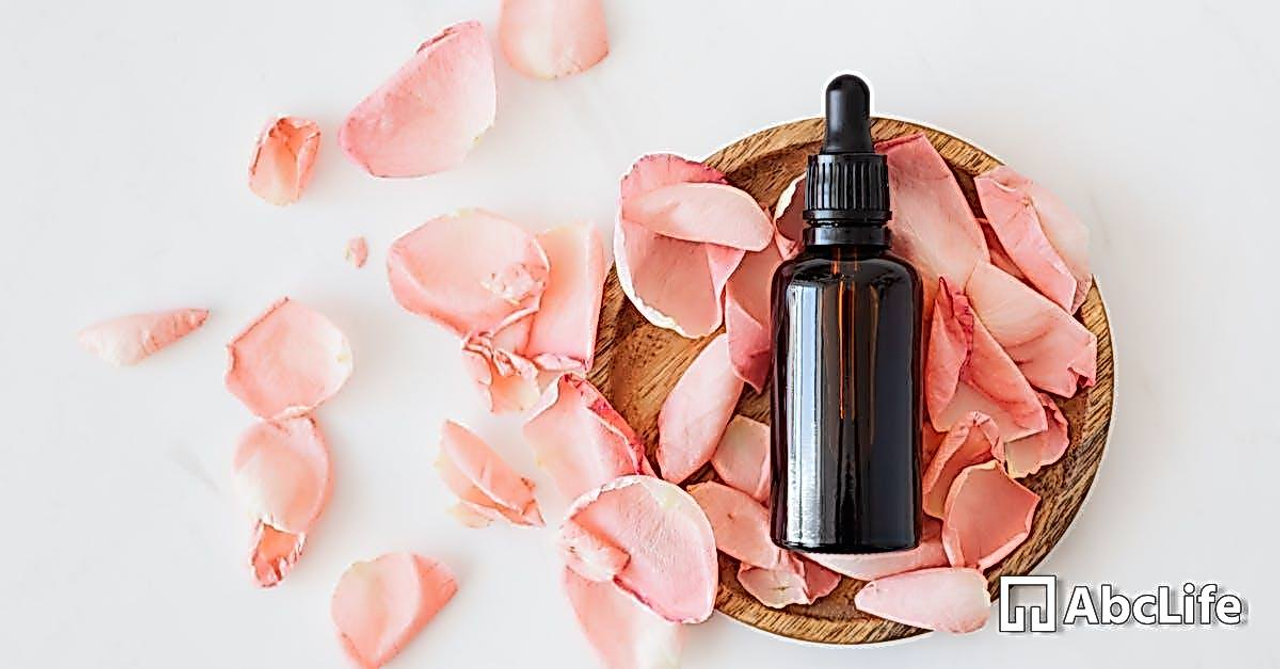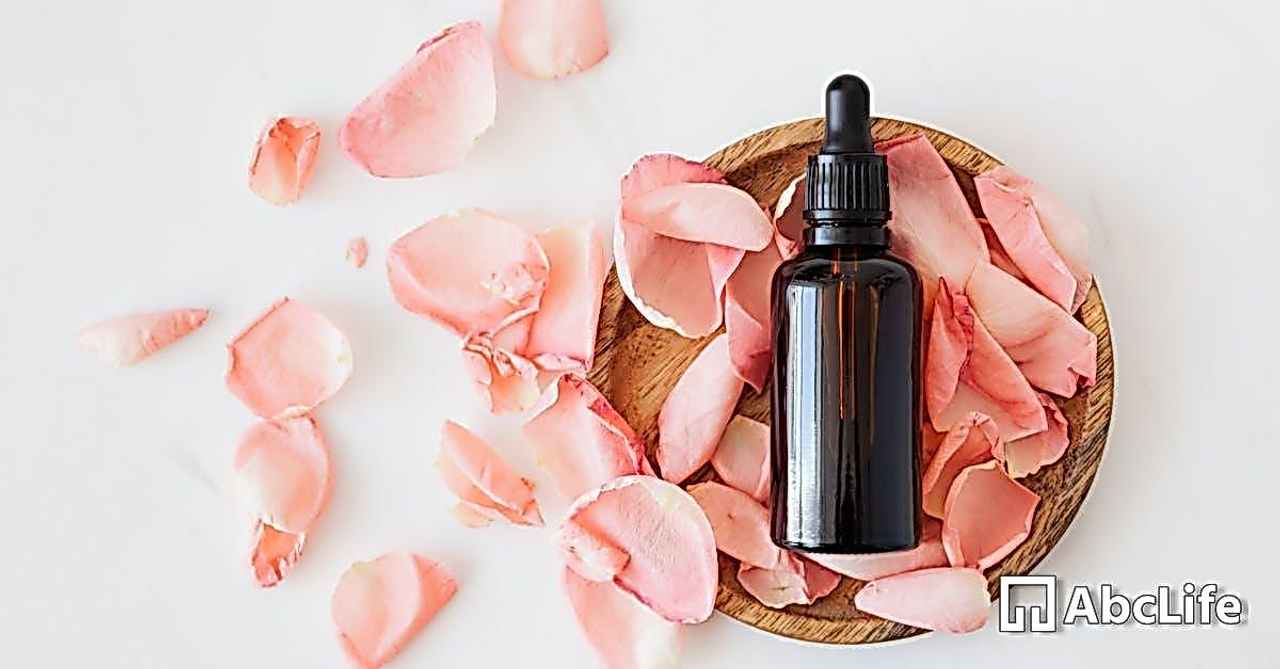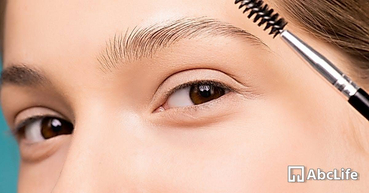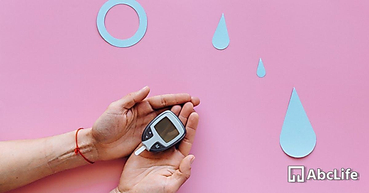5 Common Skincare Myths Debunked
Many people believe false information about skincare, which can affect their routine and skin health. In this article, we will debunk five common skincare industry myths. To begin, we'll debunk the myth that natural skincare is always superior. Second, we'll discuss why sunscreen isn't just for hot days. Third, we'll disprove the myth that sweat is bad for your skin. Following that, we'll explain why you don't need to exfoliate with harsh scrubs. Finally, we'll debunk the myth that high-end products are always superior to drugstore alternatives. We can help you improve your skincare routine and achieve healthier, glowing skin by debunking these myths.
The Myth of Natural Skincare

With the growing popularity of natural products, it's easy to believe that incorporating only natural ingredients into your skincare routine is the best option. However, this is a myth that must be dispelled.
To begin with, not all natural ingredients are suitable for use on the skin. Although poison ivy is a natural ingredient, applying it to your skin can be harmful and cause severe irritation. Furthermore, natural ingredients can cause allergic reactions or be too harsh for certain skin types. It is critical to remember that natural does not always imply safe or effective.
Second, just because a product is labeled "natural" or "organic" does not mean it is superior to non-natural counterparts. The effectiveness of a product is determined not only by the source of its ingredients, but also by their concentration and formulation. In some cases, synthetic or lab-created ingredients can outperform natural ingredients.
While using natural ingredients in your skincare routine can have advantages, it is critical to do your research and avoid falling victim to the myth that natural is always better. Regardless of their source, look for products that have been tested and proven to be safe and effective.
Unveiling the Truth About Sunscreen

Without a doubt, sunscreen is an essential component of a daily skincare regimen. It is critical in protecting your skin from UV rays, which can cause sunburn, premature aging, and even skin cancer. Unfortunately, some sunscreen myths are leading people astray, and they aren't using sunscreen correctly or at the appropriate time.
One common misconception is that sunscreen is only necessary during the summer or when it is sunny outside; however, sunscreen should be worn every day, even on cloudy days. UV rays can pass through clouds and reach your skin, increasing your risk of skin damage. Another myth is that wearing sunscreen alone provides a complete shield against the sun; however, the American Academy of Dermatology recommends wearing protective clothing, sunglasses, and seeking shade whenever possible.
Because not all sunscreens are created equal, it is critical to read the labels on the sunscreen products you use. Look for a broad-spectrum sunscreen with an SPF (Sun Protection Factor) of at least 30 that protects against both UV-A and UV-B rays. Reapply sunscreen every two hours, especially if you've been swimming, sweating, or drying off with a towel. Understanding the myths and facts about sunscreen makes it simple to incorporate it into your daily skincare routine and reap the benefits of healthy, sun-protected skin.
Breaking the Sweat Myth
One of the most common skincare myths is that sweating clogs pores and causes breakouts. This is not entirely correct. Sweat is a factor in acne development, but it is not the only one.
Sweating is a natural process that aids in the regulation of body temperature and the cleansing of pores by removing dirt and oil. It also promotes blood circulation, which is necessary for healthy skin. Sweat, on the other hand, can cause breakouts when it mixes with bacteria on the skin's surface. That is why it is critical to immediately wash your face after exercising or sweating.
It's also important to wear breathable, sweat-wicking clothing and use non-clogging moisturizers to avoid sweat-related breakouts. Furthermore, avoid touching your face because your hands can transfer bacteria and oils that contribute to acne formation.
Conclusion
Sweating is not completely harmful to the skin. It has the potential to remove toxins and improve circulation. Sweat-related breakouts, on the other hand, can be avoided with good hygiene and skincare practices.
Exfoliation Without Harsh Scrubs
Exfoliation is an important part of any skincare routine because it removes dead skin cells and debris, revealing smoother, brighter skin. Many people, however, believe that exfoliation necessitates the use of harsh scrubs that can harm the skin. This is a common skincare myth that must be dispelled.
Chemical exfoliation is an alternative to harsh scrubs. This type of exfoliation dissolves dead skin cells and unclogs pores by using alpha-hydroxy acids (AHAs) and beta-hydroxy acids (BHAs). AHAs, like glycolic acid, are water-soluble and work on the skin's surface, whereas BHAs, like salicylic acid, are oil-soluble and penetrate deeper into the pores.
Physical exfoliation with gentle tools such as Konjac sponges or silicone face brushes is another option. These tools use a gentle scrubbing action to remove dead skin cells while causing no irritation or damage to the skin. Just be careful not to over-exfoliate, as this can result in redness and sensitivity.
High-End vs Drugstore Skincare Products
There is a widespread belief that high-end skincare products are always superior to drugstore skincare products. This, however, is not always the case. High-end products may contain more expensive and exotic ingredients, but they may not be more effective than drugstore products.
The truth is that, regardless of price, the effectiveness of a skincare product is determined by the active ingredients it contains and their concentration. Indeed, some drugstore brands have been discovered to contain the same active ingredients as their high-end counterparts, but at a lower cost.
Debunking the Myths
1) Myth: Expensive skincare products are always superior to drugstore brands.
Fact: The effectiveness of a skincare product is determined by the active ingredients and the concentration of those ingredients, which can be found in both high-end and drugstore brands.
2) Myth: Natural or organic skincare products are inherently safer and superior to synthetic ones.
Fact: Natural or organic products may contain irritants or allergens that are harmful to the skin, whereas synthetic products are subjected to rigorous safety testing and are frequently formulated to be gentle on the skin.
3) Myth: The higher the price of a skincare product, the better it must be.
Fact: A skincare product's price does not always reflect its effectiveness or quality.
4) Myth: Skincare products with a higher SPF provide better sun protection.
Fact: The level of SPF is not always an indicator of the level of sun protection because it only refers to UVB ray protection and not UVA ray protection.
5) Myth: It is acceptable to use expired skincare products as long as they smell and look good.
Fact: Used skincare products can be harmful to the skin because the active ingredients are no longer active or have deteriorated, causing irritation or infection. It is critical to check the expiration date and discard any expired products.
5 Common Myths About Skincare Debunked
Skincare is an important part of self-care, but there are numerous myths and misconceptions that can lead to less-than-ideal skin. Here are five common skincare myths that have been debunked:
Myth 1: Acne only happens to teenagers
Acne is a skin disorder that affects people of all ages. It is caused by clogged pores and bacteria on the skin, and it can be brought on by hormonal imbalances, stress, and dietary factors. To treat acne, a consistent skincare routine that includes cleansing, exfoliating, and moisturizing is essential.
Myth 2: Sunscreen is only necessary on sunny days
Sunscreen is necessary for protecting your skin from UV rays, which can cause skin damage and increase your risk of skin cancer. UV rays can penetrate the atmosphere and reach your skin even on cloudy or overcast days. Every day, regardless of the weather, a broad-spectrum sunscreen with at least SPF 30 should be applied.
Myth 3: Oily skin doesn't need moisturizer
Many people with oily skin avoid using moisturizer in an attempt to reduce shine, but this can exacerbate the problem. Dehydration can occur even with oily skin, and skipping moisturizer can cause your skin to produce even more oil to compensate. Choose a lightweight, oil-free moisturizer that will not clog your pores instead.
4th Myth: Expensive skincare products are always superior.
While expensive skincare products can be effective, they are not always of high quality. There are numerous low-cost skincare brands that provide effective products made with high-quality ingredients. It is critical to select products based on your skin type and individual concerns, rather than solely on price.
Myth 5: Drinking water can cure dry skin
While water is important for overall health and hydration, it will not necessarily cure dry skin. Dry skin is frequently caused by external factors such as harsh weather or frequent hot showers, and it can be treated with a consistent moisturizing routine as well as the avoidance of harsh soaps and products that strip the skin of moisture.











